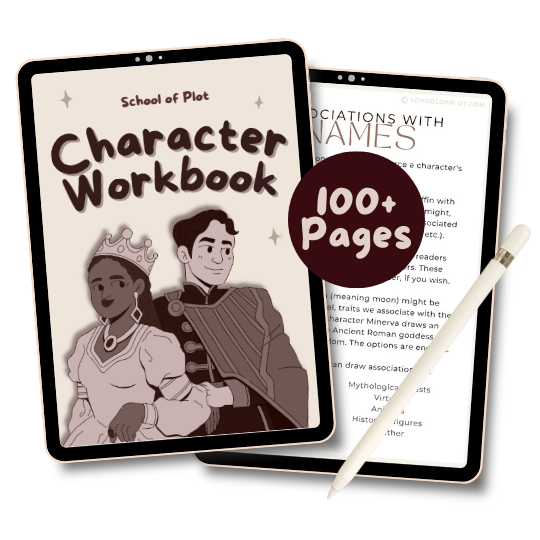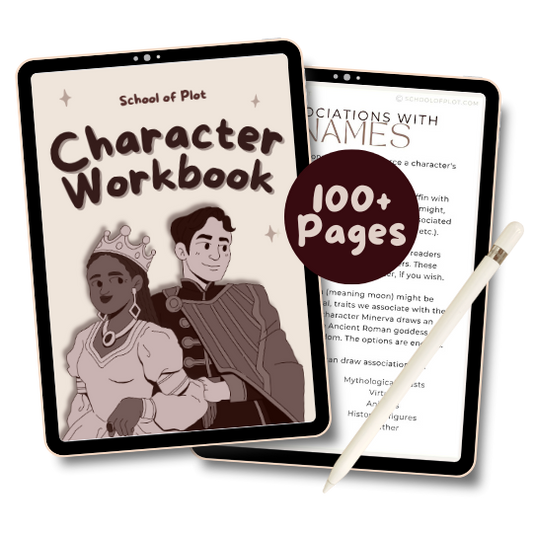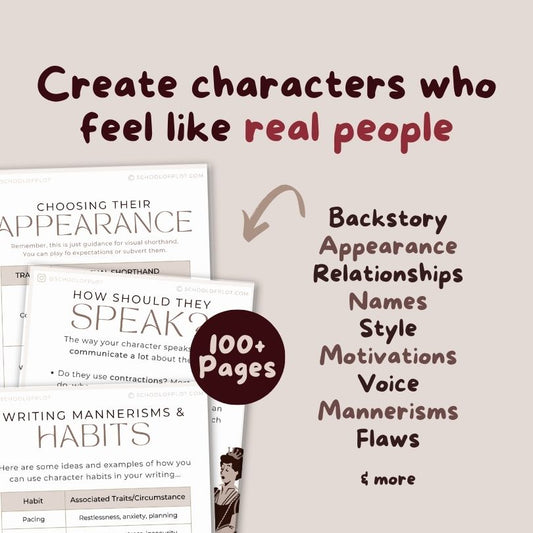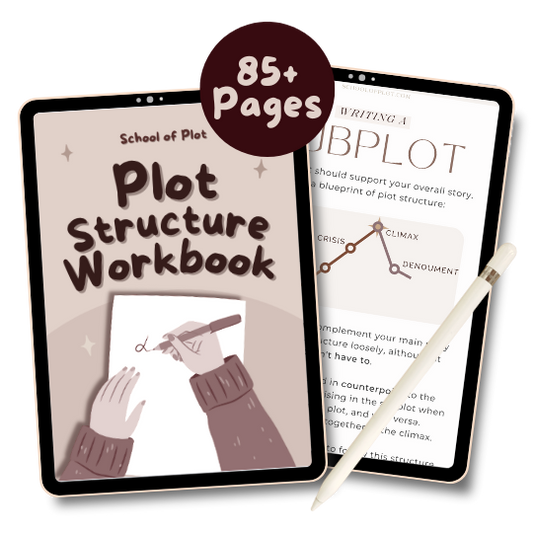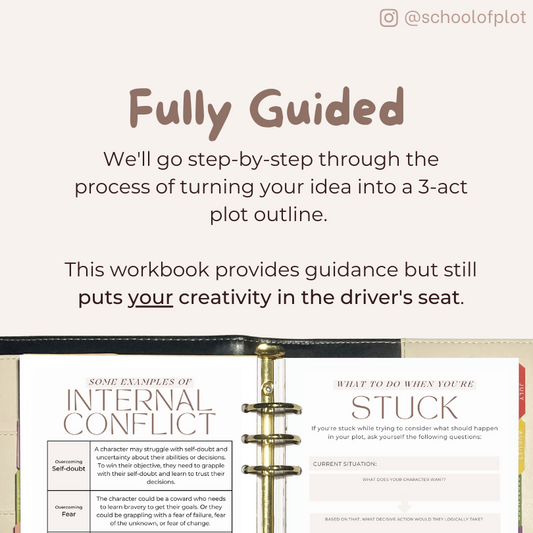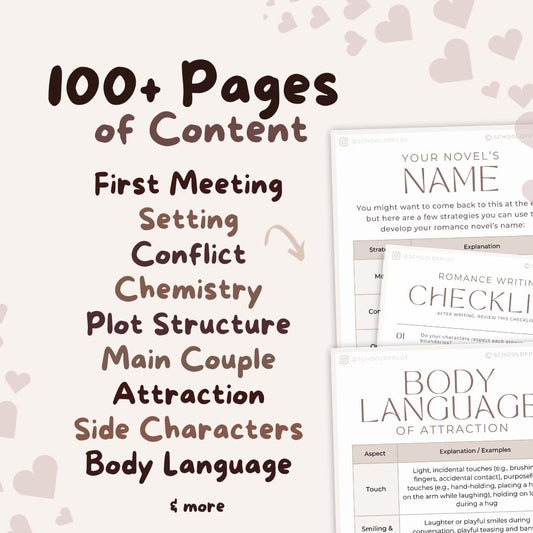Sometimes dialogue sounds stiff, clunky, or unnatural. While it's completely normal in your first draft, you might be at a stage where you're polishing up your writing. Try these tricks to make your dialogue sound more natural and less written.
1. Read It Aloud
You’ll often realise that something that looks totally fine on paper reads as overly verbose or clunky. Reading it aloud helps you to identify those moments and trim them down.
If you read it aloud and find a line clunky, you can try these techniques:
- Split one long, clunky sentences into multiple shorter sentences
- Vary sentence structure to create a more natural rhythm
- Use contractions unless you have a reason not to (e.g. can’t, don’t, he’d, we’ll)
- Cut unnecessary words, especially if they don’t sound natural for that character’s vocabulary
2. Non-Verbal Cues
You guys know I love letting action beats take on some of the heavy lifting. Sometimes, people won’t say something outright because:
- They lack info
- They can’t express it
- They’re overwhelmed
- It’s a secret
They might mime something instead of saying it outright (if it’s a secret and they’re within earshot, or they don’t know the right word).
They might trail off. They might suddenly clamp their mouth shut. They might look to their friend for superior or confirmation that it’s ok to speak. Refer to your free Body Language Cheat Sheet.
3. Let Characters Interrupt
You don’t want to use this one with too heavy of a hand, but consider allowing characters to cut over each other.
“But Dad said —”
“Dad’s dead!”
4. Avoid an Interview Format
If one character’s always asking questions and the other is always answering, that won’t sound natural. Sometimes, people dodge questions, or build upon what the other person said.
5. Unique Speech Styles
People have unique speaking styles and quirks. Your pirate ship’s grizzled captain is going to use different vocabulary and turns of phrase as compared to the prim and proper Earl he just kidnapped.
Is 55-year-old political advisor character going to say “thingie” or “cheugy”? Likely not. But her son might. Also consider context. You might not use certain words at work, but you’d say them with friends.
If you have the Character Workbook, refer to the section on VOICE for this!
6. Consider What Characters Know
You want to avoid lines like: “Hey bro, I’ve been so sad ever since mum died in that ice cream truck explosion, leaving us orphaned & poor.” If two characters know a piece of information, they won’t tell it to each other.
Sounds obvious, but a lot of writers make the mistake of forcing exposition dumps (also called ‘info dumps’) into dialogue. If it feels clumsy and unnatural, readers will know you’ve just put that info in for their benefit. This takes them out of the story.
